Technographic Data | Crush Your Target Market in 2023 With Technographic Segmentation
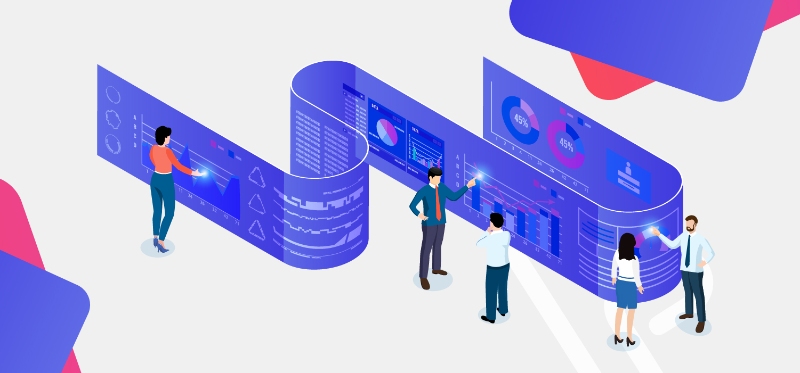
Businesses rely on different kinds of data, such as demographic and firmographic data, for the purpose of increasing their rate of revenue generation successfully. The use of technographics has also become indispensable for businesses and helps them optimize their processes.
Technographic data provides many significant advantages to businesses. It helps them optimize the process of market segmentation, analyse customer segments, reduce lead time and focus on the needs of the clients much better. In addition, it provides scope for the personalization of campaigns and helps businesses prepare for the future better.
The Meaning of Technographic Data

In order to understand the technographic definition better, it is important to understand what demographic and firmographic data exactly mean. By understanding what technographic data isn’t, the concept can become much clearer.
- Demographic data mainly concerns itself with the accumulation of knowledge about people in general.
- In contrast, technographic data is focused on understanding the technology stack used by the company and the target audience or prospective customers.

Hence, it is a popular method used for the purpose of market research and understanding the audience better. Firmographic data, as the name suggests, gives knowledge about the firm. It is commonly used in the realm of B2B. It provides insights into how a business is organized, the hierarchies set in place, and its performance in the past. In B2B marketing, this data-driven approach is a powerful tool for marketing and sales.
Where to Find Technographic Data?
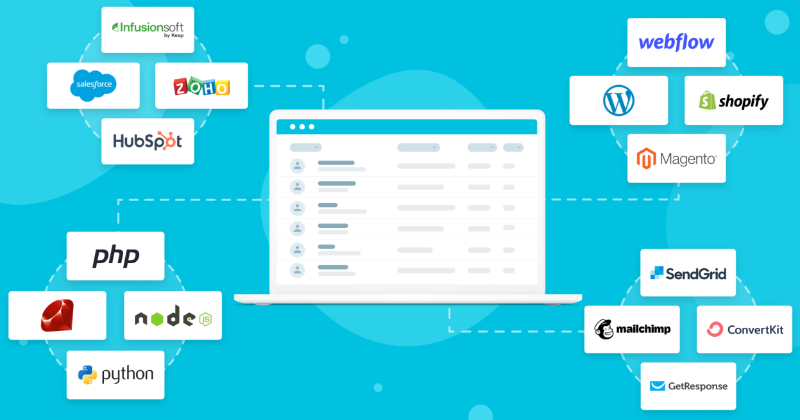
Technographic data can be found in numerous ways. The process has become easier and more clear over the years. These technographic segments contain a gold mine of insights as grouping customers based on the technology they use is a logical, audience based, method of segmentation. Here are some ways in which you can get it.
You Can Request For It
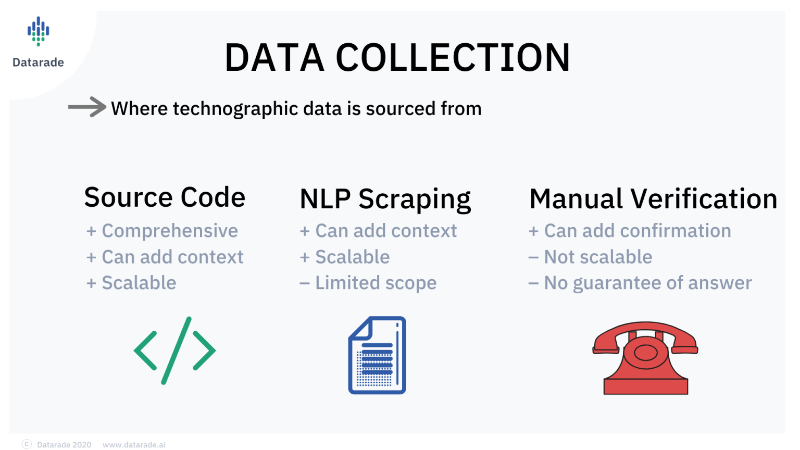
This is a simple way to find and collect technographic data. You can request the technographic data of an organization or customer by writing them a mail or giving them a call. This is mainly done through the survey method.
However, the success rate with this method is, unfortunately, very low. This is because most companies are typically unwilling to respond to the surveys and provide accurate information. Hence, it is ultimately a very time-consuming process that doesn’t offer satisfactory results.
Website Scraping
This is another commonly used method, where important information is extracted from the businesses about their technology usage. The code is extracted with the objective of getting hands-on important information. Therefore, it is a much more effective alternative to conducting surveys. However, this method requires certain skills and expertise. In addition, it requires the use of specific tools.
Many products or services are available on the internet to scrape websites, and must be consciously incorporated in marketing campaigns for best results.
Unfortunately, this method has its own limitations. Many websites have strict security measures, and they place restrictions on how much data can be collected from them. In some cases, the data collected may even be unreliable, outdated, or irrelevant.
Company Reports
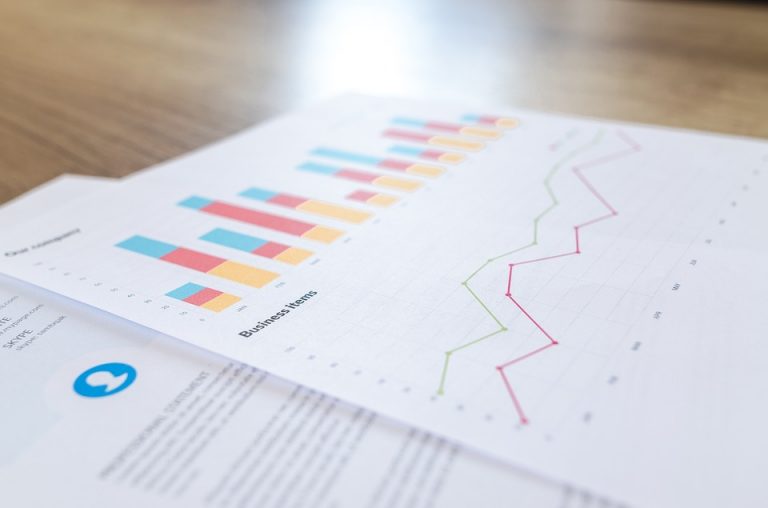
Studying the companyreportsis a sure way to gain accurate knowledge about the company’s technological usage. For example, you may find information about the company’s future partnerships or collaborations to optimize its technological processes.
In addition, you may be able to identify the areas in the company that are in need of improvement. Therefore, it is vital to get your hands on the latest company reports in order to collect the relevant technographic data.
It also helps to stay updated with what the company is up to on popular social media and job platforms. You may find relevant information about the business’ customers, the technology it has dropped or picked up, and the new people that it has hired for important job positions, among others.
Third-Party Vendors

The presence of third-party vendors has made the collection of business technographics a highly convenient process. Nowadays, you find many top-rated and reliable vendors that will provide you with the correct information and update it regularly. They will help you save plenty of time and allow you to focus on important business functions.
When choosing a vendor, it is vital to choose one that has a large database of technology installations. In addition, the vendor should be able to offer highly informativetechnological profilesthat will help you take a data-driven approach.
You can now find SaaS, IaaS, and PaaS vendors with expertise in technographics. They can help you get a firm grasp on the competitor’s tech preferences and even understand the hardware relied on.
Another significant advantage to working with the best third-party vendors for technographics is that they will rely on effective methods like HTML and DNS tracking and artificial intelligence to give you an accurate bird’s eye view of the target audience.
Technographic Segmentation Using Technographic Data
Why Choose to do Technographic Segmentation
The process of grouping customers based on any parameter is known as segmentation in marketing. By using segmentation, businesses are able to create marketing campaigns that resonate <>. It also helps build meaningful customer relationships that last. Understanding customer behavior helps create targeted marketing campaigns, and technographic analytics are wide exceptionally useful for this cause.
As businesses need to have a segmentation strategy anyways, they have a little flexibility in choosing the type of segmentation. Demographic Segmentation, Psychographic Segmentation and Firmographic Segmentation are popular segmentation types and examples that may be used instead of, or alongside, segmentation of groups based on their technology usage.
But the benefits of technographic segmentation outweigh the rest. The obtained data can be used to build technographic profiles. Using accurate technographic data to identify points of interest reduces B2B marketing efforts without sacrificing the outcome. Segmentation models are largely utilized to perform this task.
Develop an Ideal Customer Profile
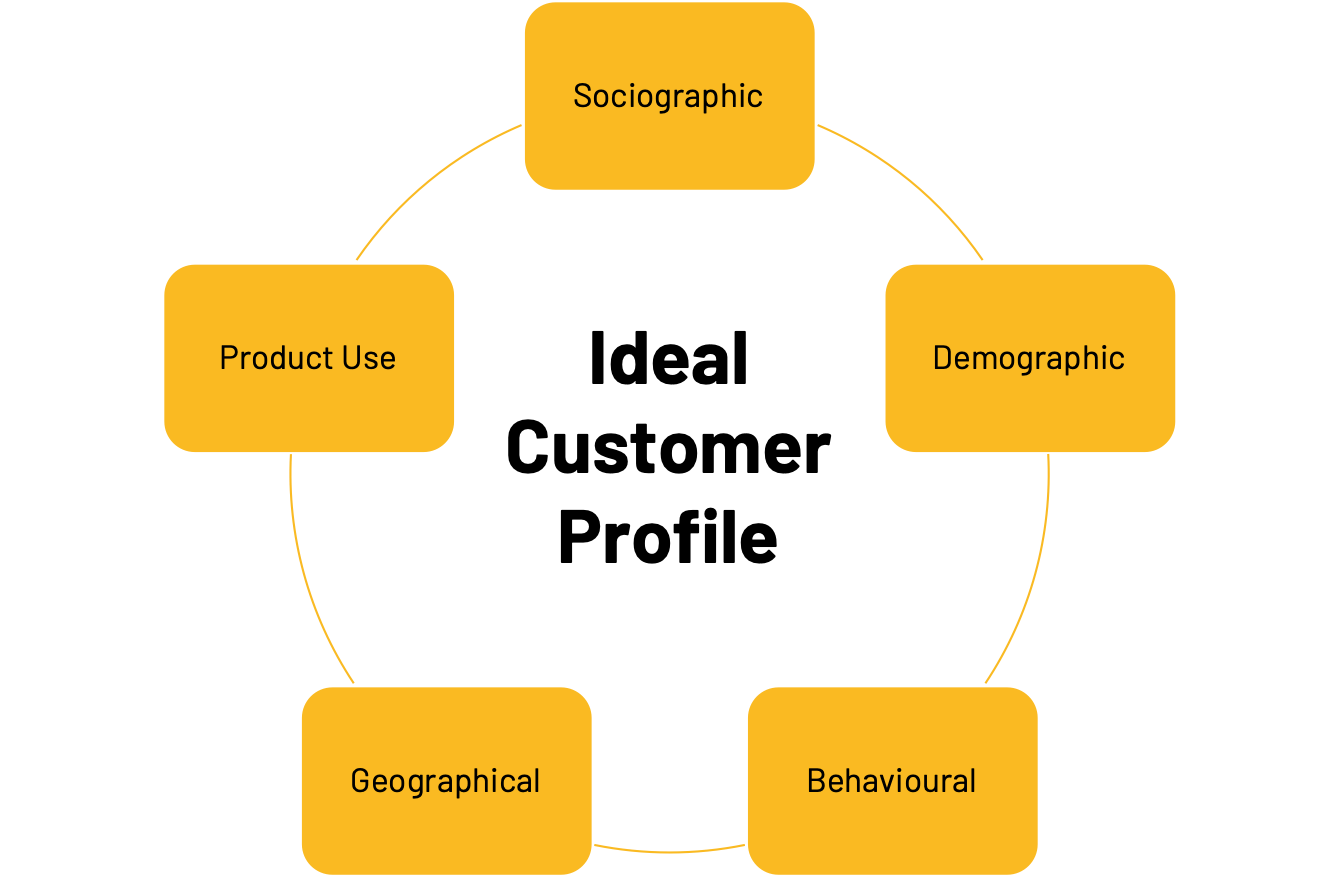
Technographics allows you to better understand the market and develop an Ideal Customer Profile (ICP), i.e., the type of customer that will be in most need of your products and services. It is also known as Buyer Persona Development.
Although this profile may be fictional, it will be deeply rooted in research and will be based on relevant factors like age, location, purchasing power, purchasing patterns, and pain points. The ICP is a key factor in figuring out the customer base and lets business tailor specific customer experiences.
A well-developed ICP will contain accurate information about what the customer values the most and the nature of their objectives. You can also develop the ICP by assessing the performance of your competitors and having a look at whether the clients still gravitated towards them after the technological shift.
Have a Scoring System
You can develop a scoring system and rank the various competitors in your niche based on their performance when they optimized or did away with a particular technological stack.
Once the scoring process is completed, you can have a look at the companies that come at the top of the list and develop a sales and marketing strategy that will help you gain a significant edge over them. As you will be in a position to meet the needs of customers better, you increase your chances of getting the most favorable outcome.
It's a crucial and foundational task for account-based marketing. The idea behind account-based marketing is that businesses concentrate their marketing and sales efforts at target accounts. This ensures the maximum chance of success in the marketing efforts, since the accounts have been chosen with curation.
Technographic Segmentation

Segmentation is a simple process that is done based on some relevant factors. The This filtering process will help your marketing teams get a more holistic picture. Thus, you can develop a highly effective and focused marketing strategy that will have a superior understanding of the customer’s needs.
Anticipate Your Competitors’ Next Move

As you grow in your understanding of the psychology of each company in your niche, you will find yourself in a better position. Based on their usage patterns, you will be able to anticipate what kind of technology they will want to go for next and identify little windows of opportunity where you can get positive results.
Conclusion: Using Technographic Segmentation in the Future

The use of technographics has helped the business environment become more competitive. It is recognized as a perfectly legal way to beat the competition in the niche. It has undoubtedly had the positive effect of improving the quality of products, services, and customer support. Customer satisfaction is at the heart of the process. Hence, there is a great future for technographics.
Unfortunately, technographics isn’t without limitations there there exist some challenges of technographic segmentation. The main issue with technographics is that the domain isn’t broad enough. It is usually based on past data, and hence, it’s not a completely live process.
Many changes and developments can happen within a short span among your competitors, and even the best third-party vendors may sometimes not be in a position to track or identify. Hence, the collection of technographics is largely based on assumption.
In order to solve this problem, more companies are relying on behavioral technographics. It has been recognized as the future of technographics. In behavioral technographics, strong emphasis is placed on how the technology is used and not just on what kind of technology is used.
This information is fetched mainly from places like user communities. Hence, it gives a more accurate picture of what the competitors like to value or prioritize the most, and it gives accurate usage signals on the basis of location.
Hence, behavioral technographics has a wide range of useful benefits to offer. It can help you identify and focus on the right prospects. It can also help you become familiar with the various user pain points for effective ad targeting. You can customize and change your approach based on the information you receive and ensure fruitful sales prospecting. Behavioral segmentation is bound to simplify the entire process and is extremely important for B2B ventures.
Technographic segmentation is also useful for marketing automation. When given fixed rules for customer segmentation, marketing campaigns can be more intricately handled, built around the customer base.